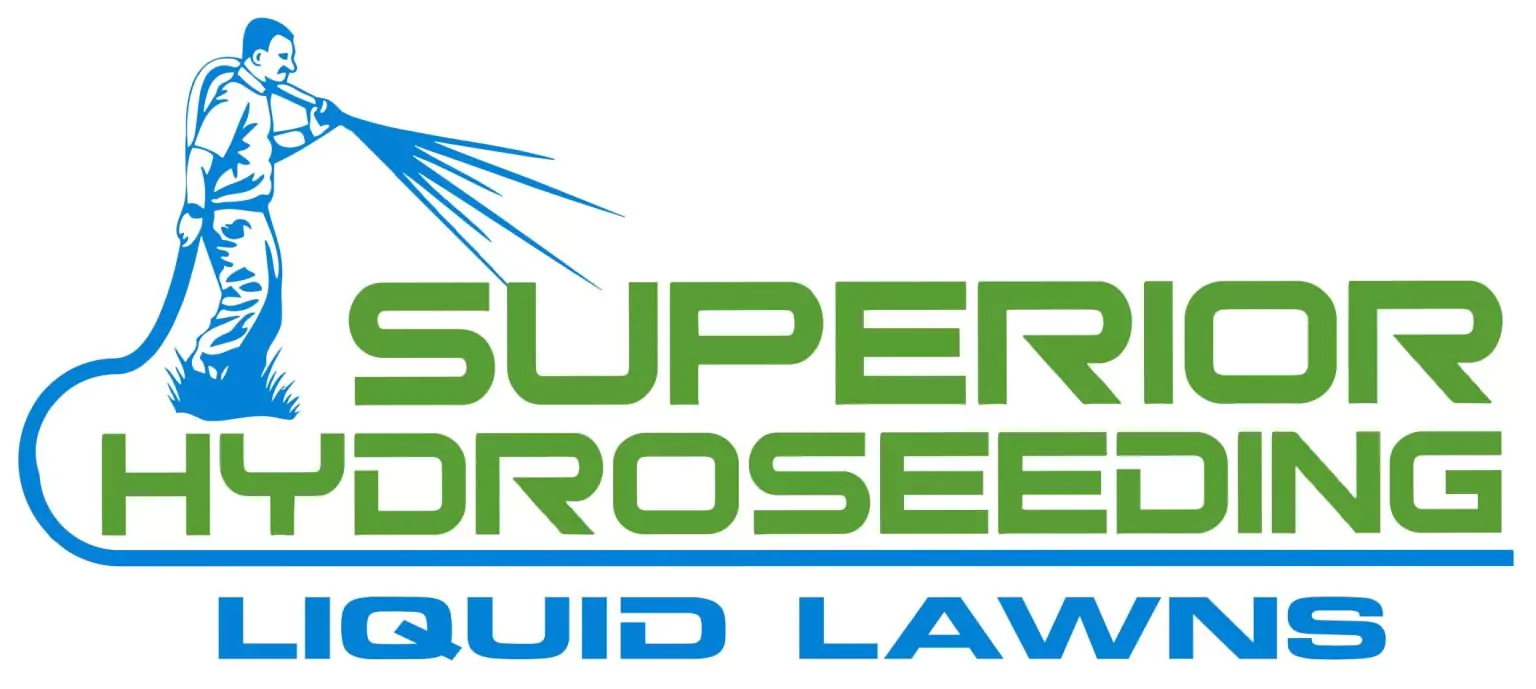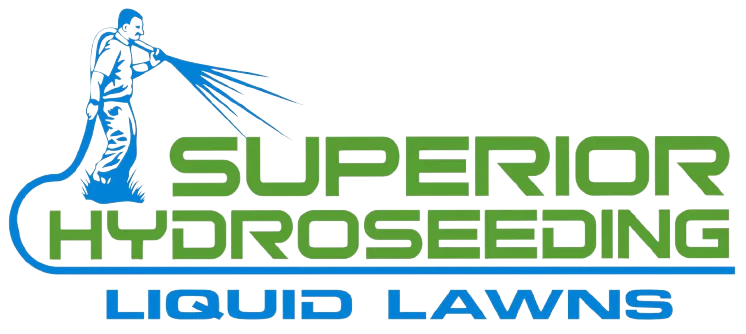In Tilton, New Hampshire, optimizing nutrient uptake through aeration and soil testing is paramount for agricultural success. Aeration enhances soil structure, promoting root growth and nutrient absorption, while soil testing provides crucial insights into nutrient deficiencies, pH levels, and overall soil health. By combining these practices, farmers in Tilton can tailor their fertilization strategies, maximizing nutrient utilization by crops and minimizing environmental impact. Superior Hydroseeding Liquid Lawns ensures sustainable agriculture, fostering healthier yields and preserving the local ecosystem. In the heart of Tilton, the synergy between aeration and soil testing cultivates a fertile environment for agricultural prosperity and environmental stewardship.
Aeration:
Scheduling Aeration Sessions:
Aeration and addressing compacted soil are fundamental practices for maintaining optimal soil health and promoting vigorous plant growth in Tilton, NH. Scheduling aeration sessions during periods conducive to effective soil management, such as spring or fall when soil conditions are neither too dry nor frozen, is essential. By selecting the right timing, it ensures that the soil is receptive to aeration, facilitating better penetration of air and water. Additionally, scheduling aeration during milder weather helps to minimize stress on the turfgrass and promotes quicker recovery post-aeration. Careful consideration of weather patterns and soil moisture levels is also important to avoid conducting aeration during excessively wet or dry conditions, which could potentially impede the effectiveness of the process or cause unnecessary compaction. Overall, strategic scheduling of aeration sessions is fundamental to maximizing the benefits of this soil management practice and fostering healthy turf in Tilton, NH.
Core Aeration Techniques:
Core aeration is a fundamental technique employed to alleviate soil compaction and enhance the overall health of turfgrass in Tilton, NH. This method involves the extraction of small plugs or cores from the soil, creating channels that allow for improved air, water, and nutrient penetration to the root zone. By alleviating compaction, core aeration promotes root growth and development, leading to stronger and more resilient turf. The process also aids in breaking down thatch layers, reducing their accumulation and allowing nutrients to reach the root system more efficiently. Utilizing specialized equipment designed for core aeration, such as aerators equipped with hollow tines, ensures precise and effective soil penetration without causing excessive disruption to the turf surface. Implementing core aeration techniques as part of a comprehensive lawn care program helps to maintain optimal soil structure, promoting lush and healthy turfgrass in Tilton, NH.

Thatch Management:
Thatch management is a critical aspect of turf maintenance in Tilton, NH, essential for promoting healthy soil conditions and optimal nutrient uptake. Thatch refers to the layer of organic debris, including dead grass roots, stems, and other organic matter, that accumulates between the soil surface and the actively growing grass blades. Excessive thatch can impede water infiltration, air circulation, and nutrient absorption, leading to shallow root development and increased susceptibility to pests and diseases. Effective thatch management involves practices such as core aeration, which helps break down thatch layers by introducing channels for air and water to penetrate the soil. Additionally, regular dethatching or vertical mowing can mechanically remove accumulated thatch, promoting its decomposition and aiding in soil enrichment. By implementing proper thatch management techniques, turf managers in Tilton, NH, can maintain balanced soil conditions conducive to robust root growth and overall turf health also organic aeration options offer environmentally conscious Tilton residents effective methods for managing thatch buildup while promoting healthy soil conditions and optimal nutrient uptake.
Equipment Maintenance:
- Regular Inspection: Conduct routine checks of aeration equipment to identify any signs of wear, damage, or malfunction.
- Lubrication: Ensure all moving parts are adequately lubricated according to manufacturer recommendations to prevent friction and damage.
- Blade Sharpening: Sharpen aerator blades regularly to maintain their effectiveness in penetrating the soil and extracting cores.
- Tine Replacement: Replace worn or damaged tines promptly to prevent inefficient aeration and potential soil compaction.
- Cleaning: Clean equipment after each use to remove debris, preventing buildup that could hinder performance or cause damage.
- Storage: Store aeration equipment in a dry, sheltered location to protect it from environmental damage and corrosion.
- Calibration: Periodically calibrate equipment to ensure consistent depth and spacing of aeration holes, optimizing soil aeration and nutrient uptake.
- Professional Servicing: Schedule professional servicing of equipment as needed to address more complex maintenance tasks and ensure longevity.
Monitoring Soil Moisture:
Monitoring soil moisture levels is a vital aspect of soil management in Tilton, NH, crucial for maintaining optimal growing conditions for turfgrass and other plants throughout the year. Soil moisture directly impacts plant health, root development, and nutrient uptake. In Tilton, NH, where weather patterns can vary, it’s essential to monitor soil moisture regularly, especially before scheduling aeration or other soil management practices. Excessive soil moisture can lead to waterlogging and compaction, inhibiting root growth and nutrient absorption. Conversely, overly dry soil can result in stress to plants, affecting their ability to uptake nutrients effectively. Utilizing moisture meters or conducting manual soil tests can provide valuable insights into soil moisture levels, allowing turf managers to adjust irrigation schedules and other management practices accordingly. By maintaining proper soil moisture levels year-round, turf managers can optimize nutrient uptake, promote healthy root development, and ultimately sustain lush and vibrant turf in Tilton, NH.

Soil Testing:
Comprehensive Soil Testing:
Comprehensive soil testing is a cornerstone of effective soil management strategies in Tilton, NH, providing invaluable insights into the nutritional status and overall health of the soil. By conducting thorough soil testing, turf managers can assess essential factors such as nutrient levels, pH balance, and organic matter content. This data serves as the foundation for developing targeted fertilization plans tailored to the specific needs of the soil and vegetation. In Tilton, NH, where variations in soil composition and environmental conditions are common, comprehensive soil testing offers valuable guidance for mitigating nutrient deficiencies, optimizing nutrient uptake, and fostering healthy plant growth. Collaborating with reputable laboratories ensures accurate analysis and reliable recommendations, empowering turf managers to make informed decisions regarding soil amendments and management practices. By integrating comprehensive soil testing into their soil management protocols, turf managers in Tilton, NH, can cultivate robust and resilient turf ecosystems capable of withstanding various environmental stressors while promoting sustainable soil health for years to come.
Sampling Techniques:
Sampling techniques are foundational to accurate soil testing and effective soil management strategies in Tilton, NH. Proper soil sampling involves collecting representative samples from various areas of the lawn or garden to obtain a comprehensive overview of soil conditions. Turf managers must adhere to specific guidelines regarding sampling depth, pattern, and timing to ensure reliable results. Sampling depth typically ranges from 4 to 6 inches for turfgrass areas, with samples collected using a soil probe or auger. It’s essential to collect samples from multiple locations within the designated area, avoiding areas with obvious abnormalities such as bare spots or high traffic areas. By following a systematic sampling pattern, such as a zigzag or W-shaped pattern, turf managers can obtain a representative sample that accurately reflects the overall soil conditions. Additionally, sampling at consistent times of the year, such as during the growing season or before major management practices like fertilization, helps maintain consistency and reliability in soil testing results. Adhering to these sampling techniques ensures that soil testing provides actionable insights for optimizing nutrient management and promoting healthy turf in Tilton, NH.
Interpreting Results:
- Nutrient Levels: Analyze the levels of essential nutrients such as nitrogen (N), phosphorus (P), potassium (K), and micronutrients like iron (Fe) and magnesium (Mg) to determine if they fall within optimal ranges for turfgrass growth.
- pH Balance: Assess the soil pH level to determine if it is within the ideal range for turfgrass, typically between 6.0 and 7.0. Adjustments may be needed if the pH is too acidic or alkaline to optimize nutrient availability.
- Organic Matter Content: Consider the organic matter content of the soil, as it influences soil structure, water retention, and nutrient availability. Adequate organic matter levels promote microbial activity and overall soil health.
- Cation Exchange Capacity (CEC): Evaluate the soil’s CEC, which indicates its ability to retain and exchange nutrients. Higher CEC values suggest greater nutrient-holding capacity, while lower values may require more frequent fertilization.
- Nutrient Ratios: Examine nutrient ratios, such as the N:P:K ratio, to ensure balanced nutrient uptake by turfgrass. Adjust fertilization practices accordingly to maintain optimal ratios and prevent nutrient imbalances.
- Recommendations: Review recommendations provided by the soil testing laboratory for specific nutrient amendments or fertilization rates based on test results. Follow these recommendations to address nutrient deficiencies and optimize soil fertility.
- Consider Environmental Factors: Take into account environmental factors such as climate, soil texture, and irrigation practices when interpreting soil test results. These factors can influence nutrient availability and uptake by turfgrass.
- Monitor Trends Over Time: Compare current soil test results with previous tests to track changes in nutrient levels and soil health over time. Adjust management practices accordingly to maintain or improve soil fertility and turfgrass performance.

Fertilization Planning:
Fertilization planning is a key component of effective soil management strategies in Tilton, NH, aimed at providing essential nutrients to support healthy turfgrass growth. Based on the results of comprehensive soil testing, turf managers can develop tailored fertilization plans to address specific nutrient deficiencies and promote optimal soil fertility. These plans typically involve selecting fertilizers with the appropriate nutrient ratios and application rates to meet the needs of the turfgrass and enhance nutrient uptake. In Tilton, NH, where soil conditions and environmental factors vary, it’s essential to consider factors such as soil pH, organic matter content, and nutrient availability when determining fertilization requirements. Additionally, turf managers may opt for slow-release or organic fertilizers to promote gradual nutrient release and minimize the risk of nutrient leaching or runoff, supporting sustainable soil health practices. By implementing strategic fertilization plans based on thorough soil analysis and considering local environmental conditions, turf managers can optimize nutrient uptake, promote vigorous turf growth, and maintain lush, resilient lawns in Tilton, NH.
FAQ’s:
How does aeration affect nutrient uptake?
Aeration enhances nutrient uptake by alleviating soil compaction and promoting better air and water penetration, facilitating improved access to nutrients by plant roots.
What methods could be used to determine the nutritional status of soil?
Soil testing through chemical analysis, nutrient extraction, and assessment of factors like pH and organic matter content provides insights into the nutritional status of soil.
Which is the best indicator of nutrient levels in the soil?
Soil testing, including chemical analysis of nutrient levels, is the best indicator of nutrient levels in the soil.
What is a normal nutrient level in soil?
A normal nutrient level in soil varies depending on the specific nutrient, but typically falls within the optimal range for plant growth, as determined by soil testing and local agricultural guidelines.
What is a good soil fertility level?
A good soil fertility level is one that provides adequate nutrients for healthy plant growth and optimal crop production, typically characterized by balanced nutrient levels, optimal pH, and sufficient organic matter content.
CONCLUSION:
In conclusion, integrating aeration and soil testing practices is essential for optimizing nutrient uptake and promoting healthy turf in Tilton, NH. Aeration services helps alleviate soil compaction and improve air and water penetration, enhancing nutrient availability to plant roots. Comprehensive soil testing provides valuable insights into nutrient levels, pH balance, and organic matter content, guiding targeted fertilization plans. By combining these approaches, turf managers can effectively address nutrient deficiencies, promote balanced soil fertility, and sustain lush, vibrant turf ecosystems in Tilton, NH, ensuring long-term health and resilience.

